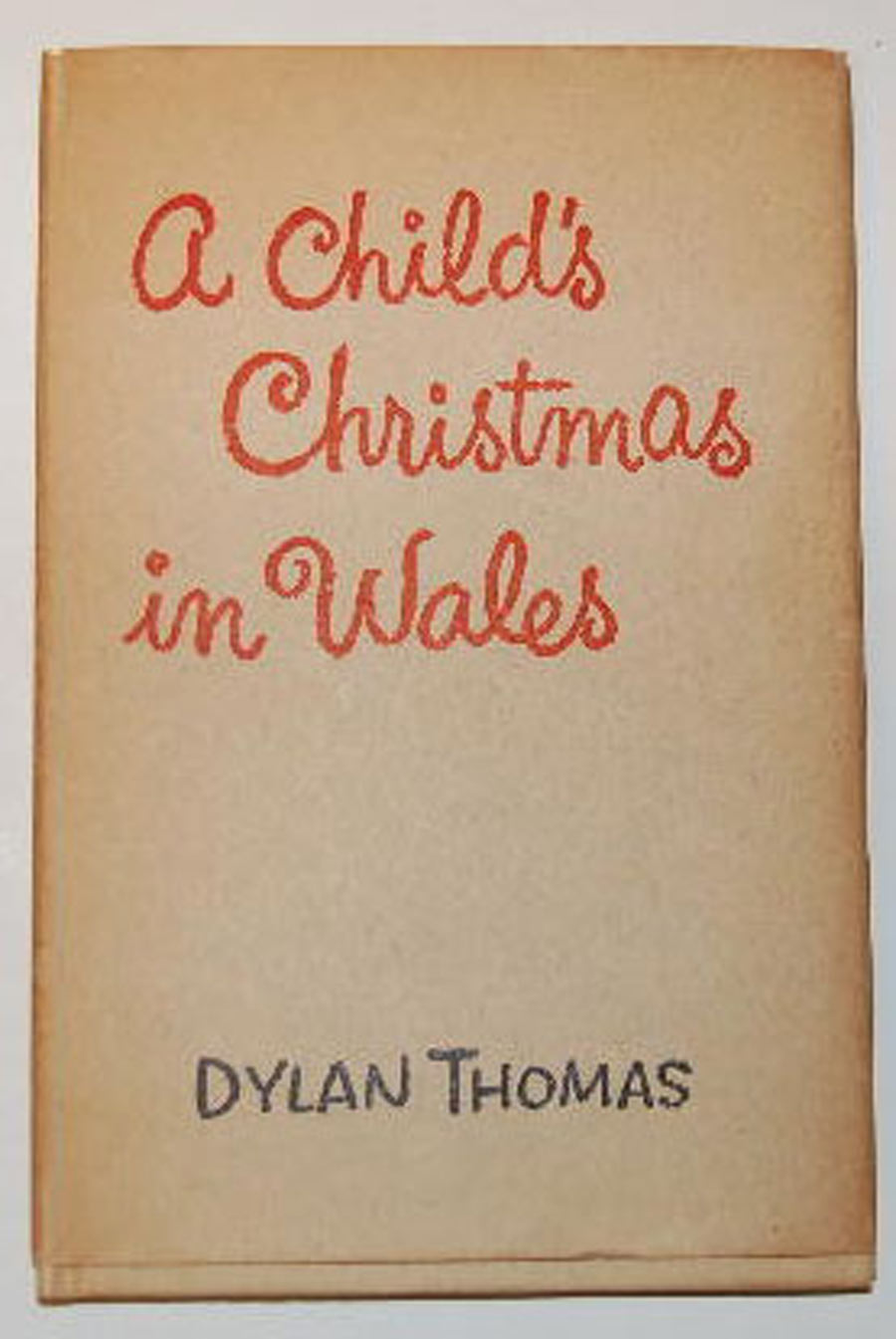The views expressed in our content reflect individual perspectives and do not represent the authoritative views of the Baha'i Faith.
For many, some of the poems of Dylan Thomas epitomize the attempt to capture the sheer rapture of childhood joy—the paradise of innocence.
But in his poem “Fern Hill,” there lurks an underlying theme of the brevity of the special interlude between birth and youth, that period of suspended consciousness of our human mortality. It is a time when we are old enough to relish nature, but young enough to be oblivious to our own transience.
In the last stanza of “Fern Hill,” Thomas renders the irony of this paradox intensely clear when he observes how Time allows each of us so brief a period in this state of unalloyed joy and enchantment:
Nothing I cared, in the lamb white days, that time would take me
Up to the swallow thronged loft by the shadow of my hand,
In the moon that is always rising,
Nor that riding to sleep
I should hear him fly with the high fields
And wake to the farm forever fled from the childless land.
Oh as I was young and easy in the mercy of his means,
Time held me green and dying
Though I sang in my chains like the sea.
 The poem asserts that at some point, no matter how blissful, innocent, and joyous this state of childhood wonder might be, we wake up to discover that we are mortal, that death is not merely a theory, not simply an accident that happens to others, that life is neither so simple nor un-perplexing as we had assumed, that we will now begin to become aware of Time’s inescapable chains.
The poem asserts that at some point, no matter how blissful, innocent, and joyous this state of childhood wonder might be, we wake up to discover that we are mortal, that death is not merely a theory, not simply an accident that happens to others, that life is neither so simple nor un-perplexing as we had assumed, that we will now begin to become aware of Time’s inescapable chains.
I have often wondered if it was because of his rich childhood which Thomas recalls in his poems and in the scripts for his radio shows—particularly in his marvelous monologue “A Child’s Christmas in Wales”—that the poet found it so difficult to cope with a world outside that magical realm. Was he unable to live in a macrocosm that was a bit too remote in space and time from that special childhood microcosm in quaint and rural Wales? Probably this answer is much too simplistic to account for his alcoholism, which killed him at thirty-nine years of age. Perhaps no life is engineered by forces so uncomplicated, so mathematically precise—one minus one equals zero.
My brother took a trip to our childhood town of Greensboro a few years before his death, partly out of nostalgia, but mostly, it seemed to me, as an experiment. In any case, what he discovered was quite revealing in terms of what may have happened to Dylan Thomas.
In his sixties, Bill went back specifically to examine whether or not the magic was still there. More important, he wanted to discover if the people in our former middle class neighborhood, so emblematic at the time of the great American dream, were still enthralled with life as we had been so many years ago.
From what he told me upon his return, together with the few notes about the gathering in his unpublished autobiography, he concluded several verities that bear importantly on the power of childhood and of our experiences during that formative age to shape all that we aspire to become and all that we ultimately do become.
He discovered that indeed each and every one who attended recalled their early youth in that place during that time exactly as had we—as a time of idyllic enchantment, of pure joy and mostly innocent fun. But strangely, those who had stayed in Greensboro, those who had not been wrenched from this mythic land of dreams, were no less haunted than we by the loss of those recollected years.
Bill and I had been forced into exile—we had moved away. We had left Greensboro behind, changeless in our minds. But for those who had stayed, this time and place had incrementally morphed into something grotesque and unfamiliar. Their childhood was no less vanished than was ours, but they could not escape the daily haunting by something that was there, and yet not there any longer.
This is not to say that none did well or that none succeeded. But from Bill’s observations, it seems that all successive phases of their lives could not compare with those “lamb white days.” While we who left were forced to set aside that era, they could not. For us, the past was a narrative with a beginning, middle, and end. If we longed to return, we were aware that it would be a fictional homecoming, a product of our conscious recollection or reverie, not something we could fashion in reality.
But for those we left behind, those who stayed, there was no neat segmentation of life, no departure or exile from that time and place. The transition from what was to the new transformed reality had occurred by degrees as the city evolved, as new neighborhoods sprang up and surrounded our own, as a noisy and vile super expressway cut a lethal path right through the very heart and soul of the woods.
Bill observed that one consistent and sad result was that a number of those left behind had become alcoholics. Others had met with some mild success, but one and all those who had stayed had become eerily haunted, not blessed, by that enchanted past. After all, what could compare with such grace, such innocent perfection, such simple and complete pleasure?
After that reunion, my brother looked upon what we had at the time considered the tragedy of our leaving Greensboro as a propitious turning point in his life. He believed it had forced him to break free of those “chains,” put closure on his childhood, and move ahead with his development as a useful and productive human being. In fact, he told me he was sure that had he stayed behind, he, too, would have become a lost child, and would have succumbed to the endless longing to recover or recreate those days. Like Peter Pan, he, too, would have remained a puer eternus:
The hearts of all children are of the utmost purity. They are mirrors upon which no dust has fallen. But this purity is on account of weakness and innocence, not on account of any strength and testing, for as this is the early period of their childhood, their hearts and minds are unsullied by the world. They cannot display any great intelligence. They have neither hypocrisy nor deceit. This is on account of the child’s weakness, whereas the man becomes pure through his strength. Through the power of intelligence he becomes simple; through the great power of reason and understanding and not through the power of weakness he becomes sincere. When he attains to the state of perfection, he will receive these qualities; his heart becomes purified, his spirit enlightened, his soul is sensitized and tender — all through his great strength. This is the difference between the perfect man and the child. Both have the underlying qualities of simplicity and sincerity — the child through the power of weakness and the man through the power of strength. – Abdu’l-Baha, The Promulgation of Universal Peace, p. 52.
















Comments
Sign in or create an account
Continue with Googleor